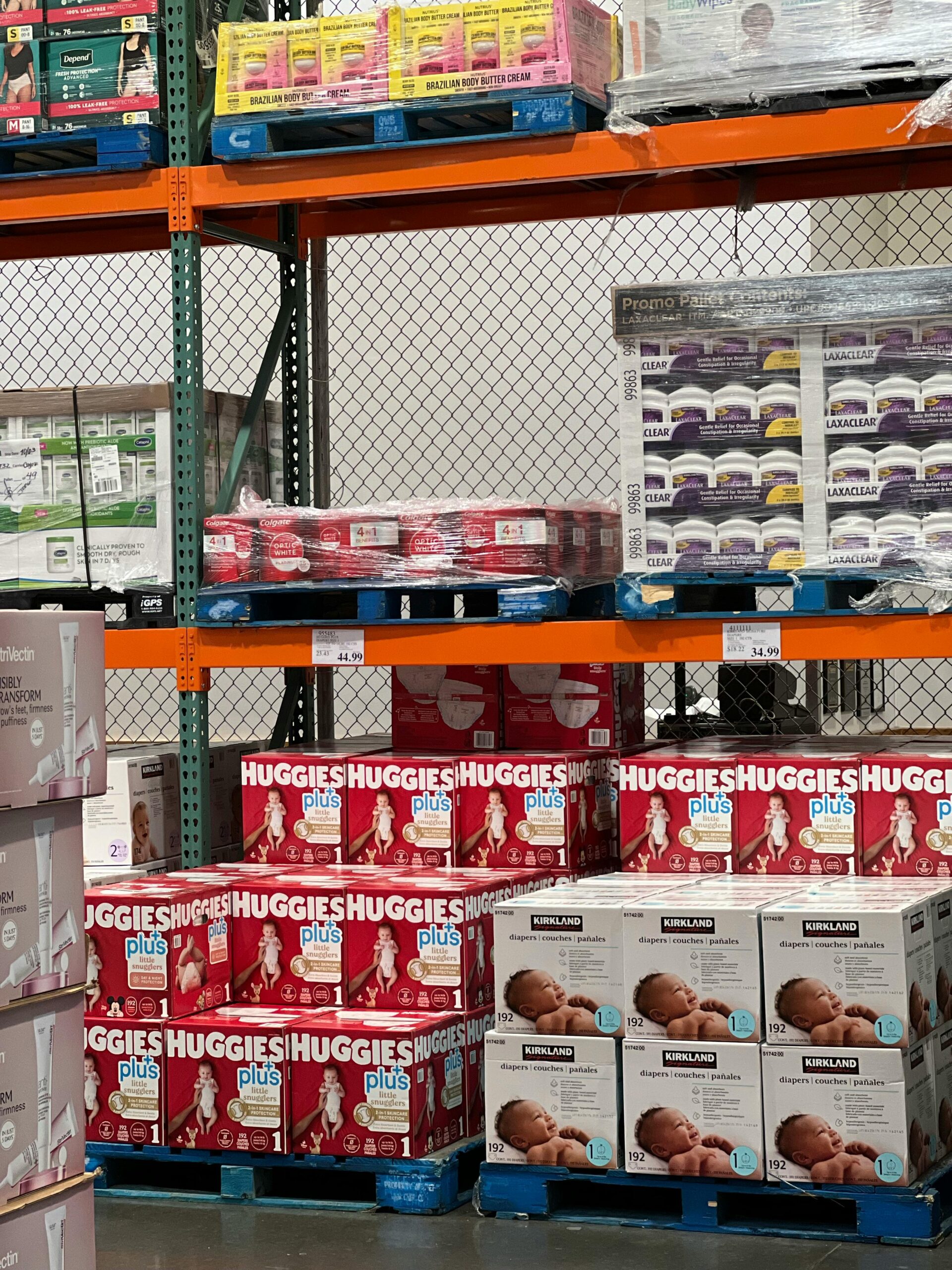Caring for a loved one who has dementia

Dementia is a general term for loss of memory, language, problem-solving and other thinking abilities that are severe enough to interfere with daily life. Being a caregiver to someone with dementia can be challenging. Here are some things to know.
Self-care is key
When taking care of a loved one with dementia, it is important to avoid self-neglect. This is a key factor because if you are out of touch with yourself, you will not be able to give proper care to the patient.
Ask for help
If you need some rest, ask for help from relatives, friends, and local community organizations. Caregiver support groups also come in handy. You can also consider also adult day-care centres as these will help the patient socialise.
Have some basic care-giving knowledge
To be a better caregiver, have a positive outlook. Do your best to be in control of the situation, by keeping calm even under stress. Use touch to give your loved one attention. Additionally, have some clarity. Use simple language and be willing to repeat information and questions a couple of times. Focus on yes-no questions to direct your relative towards the desired outcome.
Make your loved one feel heard. Whenever they are distressed and let them know that you acknowledge their concerns. Speak gently, and find ways to calm him or her down like going for a walk.
People with dementia also undergo numerous changes that you need to know. These include:
Agitation
As a dementia patient, your loved one will experience agitation. This may be caused by changes in the environment or even physical discomfort. Not being able to do the things they once did could cause tensions to rise, leaving your loved one in tears and even violent.
To lower his or her agitation, try to avoid loud noises and over stimulation. A familiar environment and faces too, help to reduce the anxiety. Let your loved one perform easy, enjoyable tasks.
These include meal prep, gardening, crafts, and sorting photos. Frequent praise for your family member will help them feel better.
Sleep problems
Sleep problems develop as dementia progresses. Your loved one may be active at night and sleep all day. To deal with this, establish a routine to keep the wake-up and sleep time the same throughout. Make sure they are aware of the time of day. Schedule regular eating hours and feed him or her a healthy diet, cutting off sugars and caffeine. Limit napping and make exercise mandatory.
Wandering
There are times when your loved one will walk around the house at night. Other times they will walk out of the house or the nursing home without permission.
It is important to have a safe place where they can have a walk safely with or without supervision. It is vital to block doors and remind your loved one not to go out a certain door. Using stop signs, furniture, or a ribbon tied across a door serves as a reminder.
Possibly, have them wear an identification bracelet, with their name and a family member’s contacts.
Hallucinations
Hallucinations can occur with dementia. Your loved one will start seeing things that are not real. This might lead to panic and he or she could get really afraid and agitated. The rooms should have sufficient lighting to reduce shadows.
Try to give some explanation to calm him or her. In case of severity, talk to a medical professional for advice.
Caring for a loved one who has dementia can be burdensome but it is a noble thing to do. Remember taking care of yourself sets the stage for better care giving.
Featured Image: Glennellis.com




